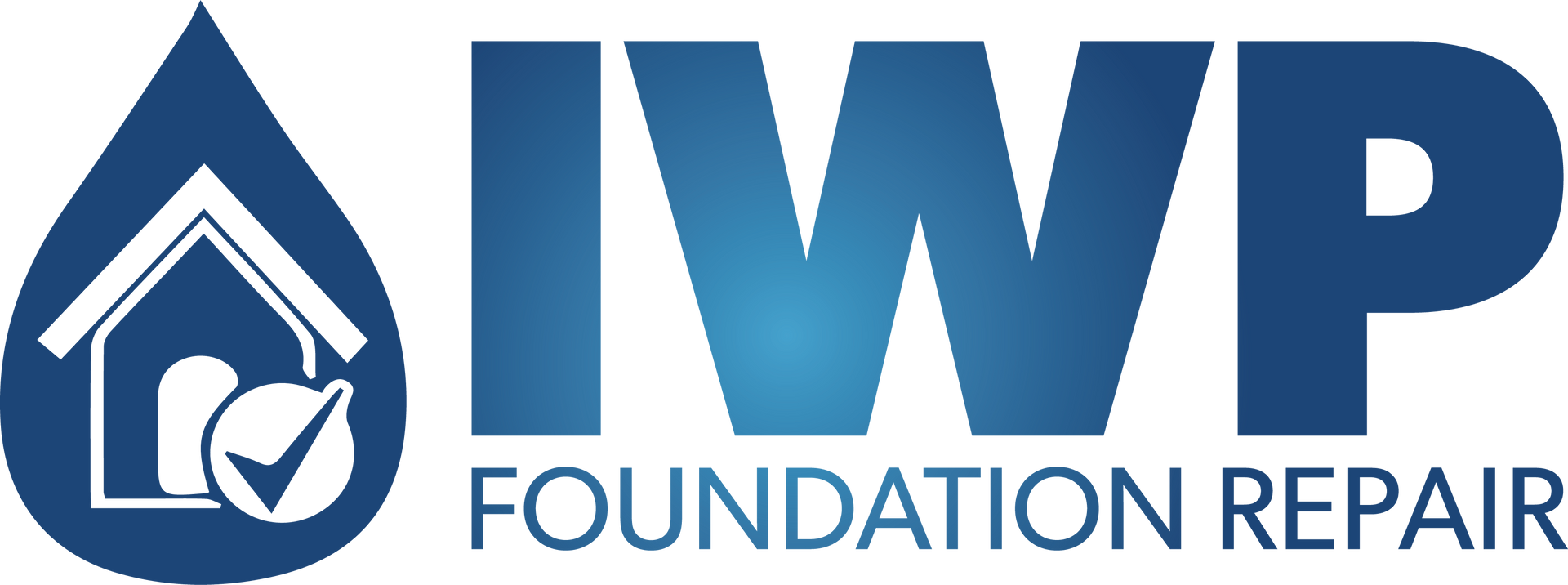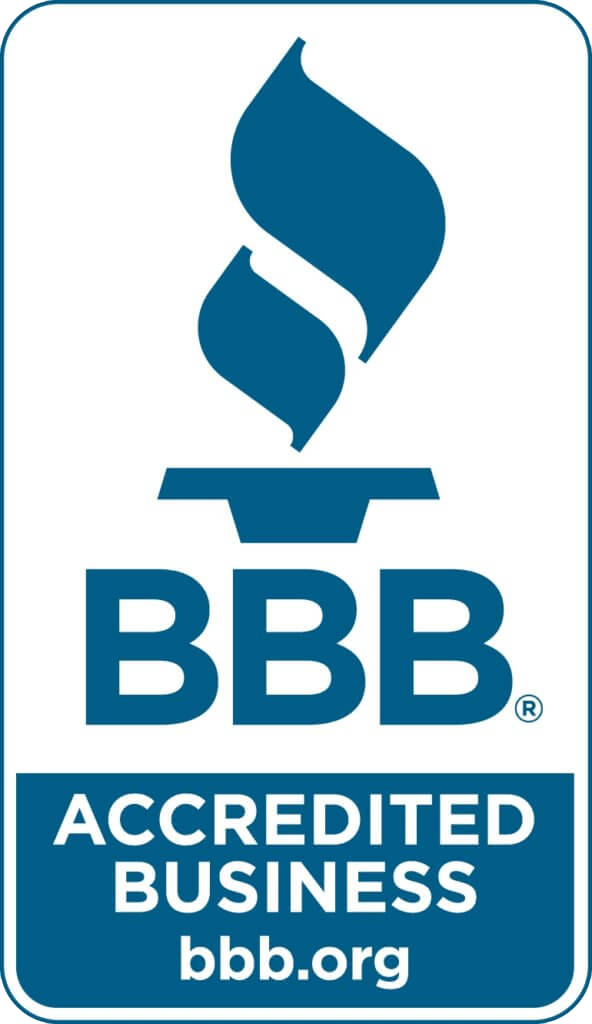Beneath the Surface: The Science of Foundation Repair and Soil Conditions
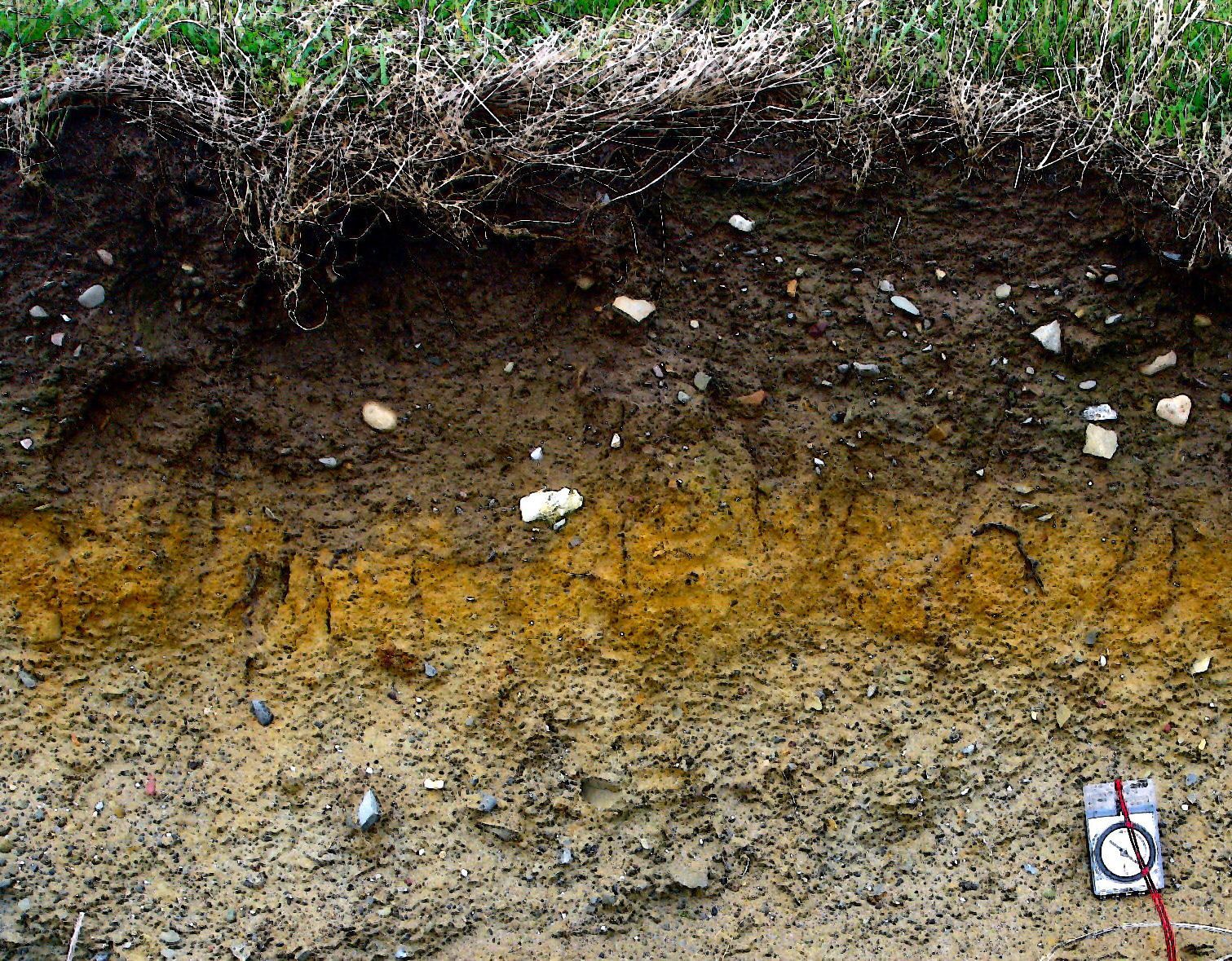
Your home's foundation is its literal bedrock, supporting the entire structure above. The stability and health of your foundation are closely tied to the soil conditions beneath it. In this blog, we'll delve into the science of foundation repair and how it relates to the complex world of soil conditions.
The Role of Soil Conditions
Soil conditions play a critical role in the structural integrity of your home's foundation. The type of soil beneath your home, its composition, and its ability to withstand the weight and movement of your house are all essential factors. Here's how different soil types can impact your foundation:
1. Clay Soil:
Clay soil is notorious for its high water retention and expansion properties. When clay soil absorbs water, it expands, exerting pressure on your foundation walls and causing them to bow or crack. Conversely, during dry spells, clay soil contracts, creating voids that can lead to foundation settlement.
2. Silt Soil:
Silt soil is finer than clay but still retains water. It can become compacted and lose its ability to drain properly, potentially causing drainage issues around your foundation and increasing the risk of soil settlement.
3. Sand Soil:
Sandier soils tend to drain well and are less prone to expansion and contraction. However, they may lack stability and can lead to foundation settlement if not properly compacted.
4. Loam Soil:
Loam is considered the ideal soil for foundations as it combines sand, silt, and clay in balanced proportions. It offers good drainage while providing a stable base for your foundation.
The Science of Foundation Repair
When soil conditions compromise your foundation's stability, foundation repair becomes necessary. The science behind foundation repair revolves around mitigating soil-related issues and restoring your foundation's structural integrity. Here are some common foundation repair methods and the science behind them:
1. Underpinning:
Underpinning involves reinforcing or stabilizing the foundation by extending it to more stable soil or bedrock. This process redistributes the weight of your home and prevents further settlement.
2. Piering:
Piering uses steel piers or piling driven deep into the ground to reach stable soil or bedrock. The piers provide support and lift the foundation back to its original position.
3. Grading and Drainage:
Proper grading and drainage solutions address soil issues by redirecting water away from the foundation. This prevent soil expansion or erosion that can harm the foundation.
4. Foundation Waterproofing:
Foundation waterproofing involves sealing the foundation to prevent moisture infiltration. This helps mitigate the harmful effects of expansive soils, especially in clay-rich areas.
Soil Testing and Analysis
To determine the most suitable foundation repair solution, professional often conduct soil testing and analysis. This involves assessing soil type, compaction, moisture content, and load-bearing capacity. Soil engineers use this data to design tailored foundation repair plans that address the specific soil conditions affecting your home.
The Importance of Professional Expertise
Understanding the complex interplay between soil conditions and foundation health underscores the importance of professional expertise in foundation repair. Soil science, engineering, and geotechnical knowledge are essential for accurately diagnosing issues and implementing effective solutions.
In conclusion, the science of foundation repair is deeply rooted in an understanding of soil conditions and their impact on your home's stability. By addressing soil-related challenges with appropriate repair methods, you can ensure the long-term health and durability of your home's foundation, providing you with peace of mind and protecting your investment.
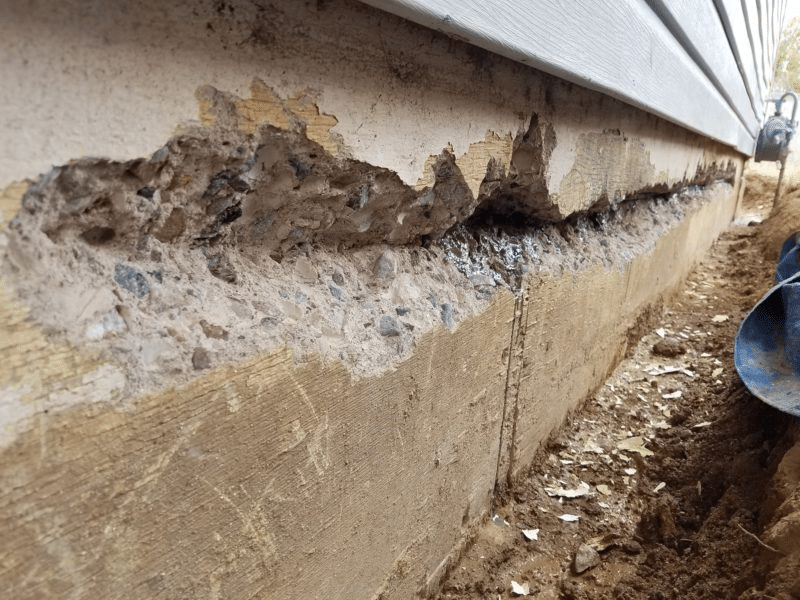
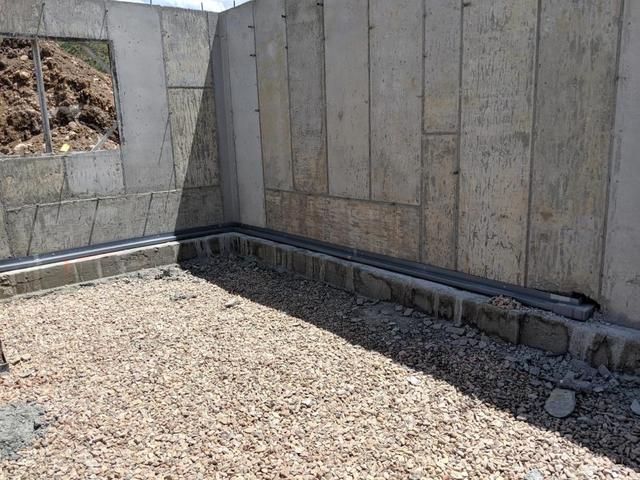


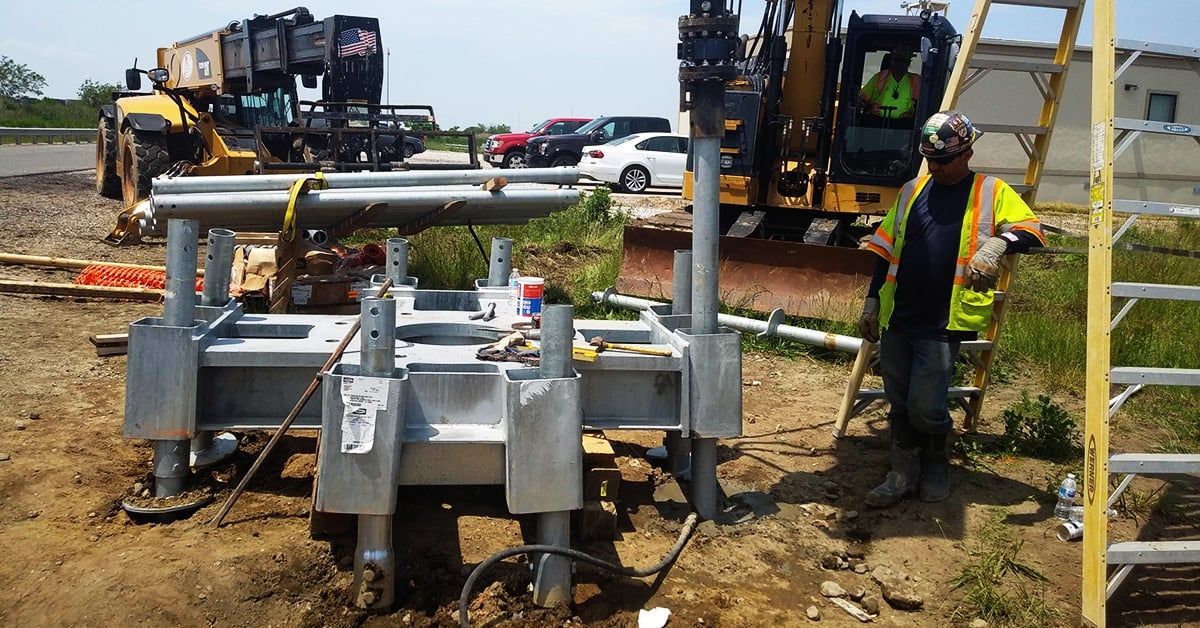





HAVE PEACE OF MIND WITH IWP FOUNDATION REPAIR
With over 30 years of combined experience in the business, you know that you can trust our team to get the job done right the first time. We value the customer experience, which is why we take the time to listen to your concerns, answer all your questions, and explain the best plan of action for your home. If you’ve noticed any foundation issues at all, no matter how minor they seem, you should call a professional. Our expert team is waiting for you, so call today for a free evaluation!
